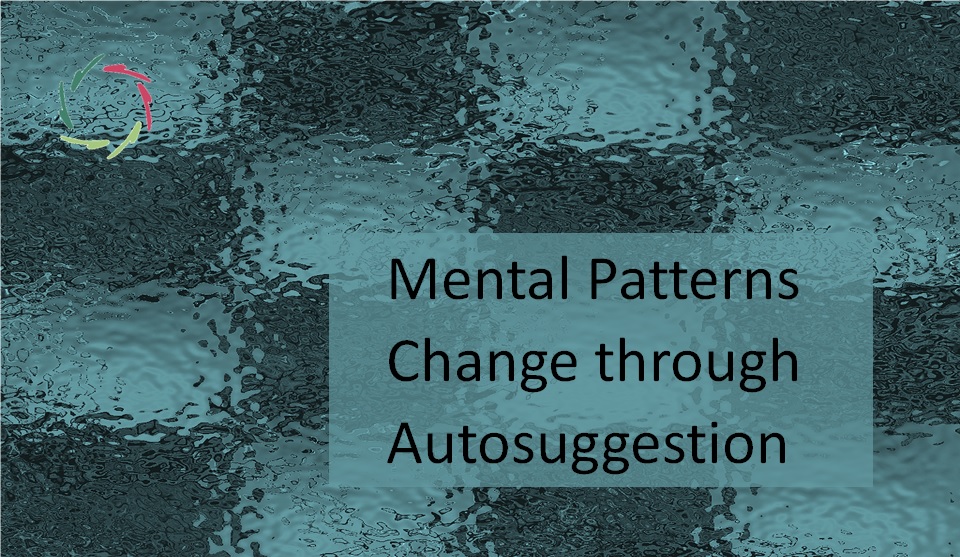Desire or Problem?

Someone approaches you – as an AURELIS coach – with either a problem (negative) or a wish (positive). How can you determine which it is in each specific case?
This distinction depends on interpretations rather than facts. Every problem is a desire, and every desire is a problem.
So, as an AURELIS coach
As a coach, you also choose whether you work on ‘problem solving’ or ‘wish fulfillment’. Usually – therefore sometimes not – the latter is more powerful. The non-conscious mind is crazy about wish fulfillment. It thrives on it.
Conversely, it seeks to avoid problem solving as swiftly as possible, viewing problems as obstacles in the path.
It’s also a matter of deep motivation and efficiency
- Problem: If you focus too much on problems, you lose sight of the path.
- Desire: By focusing on the path, you see problems as boulders you can navigate around. Viewing challenges as opportunities to navigate can foster resilience and creativity in the coaching journey. Desires are drivers for growth and inner fulfillment.
This aligns with the view that deep, non-conscious desires drive true motivation and growth, suggesting that lasting change comes from within, guided by deeper desires rather than superficial problem-solving.
You see?
Is it your problem that your glass is only half full?
OR
Is it your wish to have a completely full glass?
And then drink it completely?
Enjoy it!
You can fill an empty glass completely again!
Enjoy it!
A deeper self harbors desires. An ego sees problems.
Meeting desires is the direction inward and from there outward, whereas problem solving typically remains external. This inward-outward approach can transform coaching sessions, making them more holistic and effective.
This brings us to a very important concept: frustrationless desire.
There are two types of ‘desire’:
- ‘Desire‘ in the Freudian sense: This type of desire functions as a drive. According to Freud, a person is a collection of drives/needs, constantly battling for satisfaction. This is akin to a steam boiler where delayed satisfaction increases pressure until it’s released, only to build up again shortly after.
- Frustrationless desire: This is a pleasant feeling without frustration. You simply enjoy the desire. For instance, you may long for a cup of tea and enjoy the anticipation, feeling the warmth of the cup and experiencing pure pleasure. The same joy continues as you fulfill other desires afterward.
I call the frustrationless desire the true desire ― a pleasant feeling.
So I deliberately placed the first ‘desire’ in quotation marks, and I would rather simply call it frustration. You just feel a frustration (not a pleasant feeling) that keeps building until it becomes frustrated. But what good is that? Does it provide deep satisfaction?
For coaches, focusing on coachees’ wishes rather than problems creates a more empowering and motivating environment, fostering deeper engagement and sustainable change.
For example, someone approaches you – as a coach – with obesity and the doctor’s urgent advice to address it.
Let’s make this an exercise: Overweight
Is it a problem or a wish, frustration or desire? Which terms would you use in the second column of the table below, that correspond with those of the first column?
Possible elements:
| problem (complaint) / frustration | wish / desire |
| attack tactics | |
| diet | |
| medication without more (the weapon) | |
| emphasis on calories and body fat | |
| not accepting yourself | |
| relapse = even more frustration | |
| regular failure | |
| pit of dependence | |
| therapist is an ‘ally’, a supporter in the war | |
| the ‘ego’ is opposed to the ‘deeper self’ which is in fact the enemy that makes you eat ‘against your own will’ | |
| willpower | |
| … … |
As a coach, it is very important to see your coachee’s situation in terms of wishes and (real) desires.
Problems are more likely to lead to frustration.
Desires are more likely to lead to solutions.
―
Addendum
Me: “Lisa, can you make the exercise in this blog, enumerating your answer in a list?”
Lisa: “Exercise Completion:
Wish / Desire:
- Sustainable lifestyle changes
- Enjoyable eating habits
- Holistic health approaches
- Focus on overall well-being
- Self-acceptance
- Continuous growth and enjoyment
- Consistent success
- Independence and self-reliance
- Coach as a guide towards growth
- The ‘deeper self’ is aligned with the ‘ego’ for holistic health
- Inner motivation
By distinguishing between problem-solving and wish-fulfillment, you can better align with the deeper self, promoting more sustainable and enjoyable progress.”


